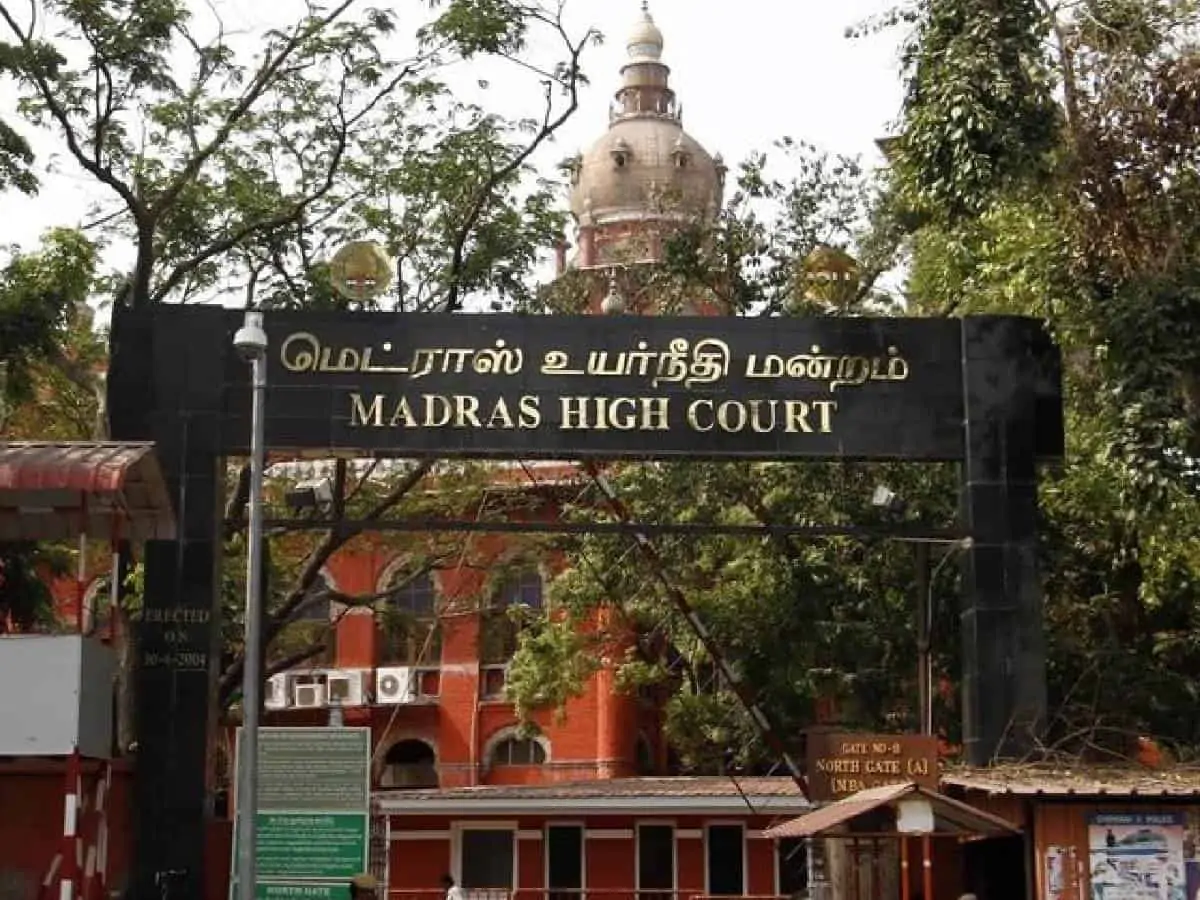Madras High Court rules that homes cannot be converted into prayer halls without prior approval. Religious meetings require legal permission.
Subheading:
Reinforcing zoning laws, the Madras High Court ruled that using a residential property for religious gatherings without approval is illegal.
In a significant ruling that touches on the intersection of religious freedom and urban regulation, the Madras High Court has held that private residences cannot be transformed into prayer halls without obtaining proper permission from the designated authorities.
Justice S.S. Sundar, while addressing a writ petition challenging the closure of a residential prayer hall in Tamil Nadu, emphasized that the right to conduct religious meetings does not override the mandatory regulatory approvals laid out in local municipal and planning laws.
“Conducting prayer meetings in a prayer hall requires obtaining permission from the authority concerned under the relevant rules,” the court noted in its order.
A Matter of Public Policy and Legal Compliance
The petitioner, a resident of Tamil Nadu, had approached the High Court after local authorities sealed a portion of his residential premises. The sealed area had been used as a Christian prayer hall, where regular gatherings were held. According to the petitioner, the gatherings were peaceful and involved close community members.
However, the authorities argued that using a residential building for religious purposes violated zoning regulations and disrupted the peace of the neighbourhood. Moreover, there were no approvals taken under the Tamil Nadu District Municipalities Act or local development authority norms.
The Court sided with the authorities and cited precedent to affirm that while the freedom to practice religion is protected under Article 25 of the Constitution, it is subject to public order, morality, health, and other legal constraints.
Legal Context and Previous Rulings
The judgment leaned heavily on prior Supreme Court and High Court decisions, which have consistently held that conversion of residential spaces into public or semi-public religious venues can cause logistical and security issues, including parking problems, crowd management challenges, and law-and-order risks.
“Merely claiming that the prayers are peaceful or private cannot be a shield against legal non-compliance,” the court added. It stated that such activities must remain within the scope of the lawfully sanctioned use of property.
No Right Without Regulation
Legal experts commenting on the matter explained that freedom of religion, while fundamental, is not absolute. “The ruling draws a clear boundary between personal devotion and public practice. If a gathering involves a group of people and affects the neighbourhood, authorities are well within their rights to step in,” said a senior advocate at the Madras High Court.
The verdict is also expected to impact similar disputes where unauthorised religious gatherings are held under the pretext of private functions, particularly in urban and semi-urban areas where land use laws are stringently applied.
Residents’ Perspective
Some residents in the vicinity welcomed the court’s stand. “We’re not against prayer, but it should not inconvenience neighbours. These gatherings often create traffic chaos,” said a local shopkeeper from the area where the incident took place.
The case also highlighted the increasing friction between residential communities and makeshift religious spaces, often mushrooming without oversight or formal registration.
Court’s Call for Regulatory Oversight
The Madras High Court urged local bodies to be vigilant and proactively monitor the usage of properties, particularly in areas known for unregistered gatherings. It also advised that permission for converting spaces into religious halls should be preceded by public consultation, especially where it may affect peace and infrastructure.
“The petitioner cannot, as a matter of right, have a prayer hall to conduct prayer meetings without obtaining any permission,” the court concluded.
Broader Legal Implications
This judgment aligns with the legal trend of balancing rights with responsibilities. Courts across India have frequently ruled that community rights must not be overridden by individual claims, especially in matters involving public utility, health, and order.
It serves as a reminder that planning norms and municipal laws are not mere technicalities but serve a critical function in maintaining cohesive urban living.
This ruling from the Madras High Court is expected to set a precedent for similar cases pending across the country, where questions arise over the use of private property for religious or public purposes without due process.
Internal links used naturally within content:
- Visit The Legal Observer for more in-depth legal reporting.
- Explore other rulings under our National News section.
- For diverse legal views, check out the Insight column.
- Need legal help? Access the Legal Helpline.
External Source Embedded:
For more legal updates and analysis, subscribe to The Legal Observer’s YouTube Channel.




